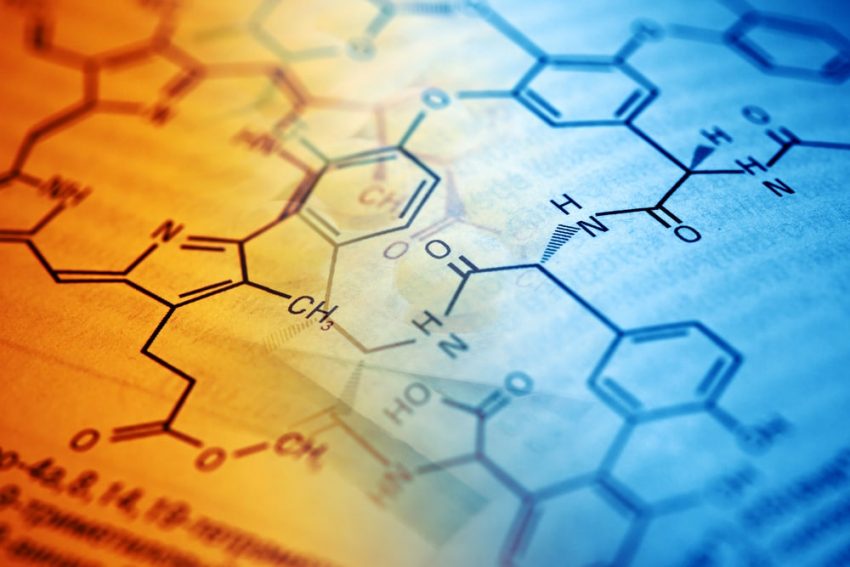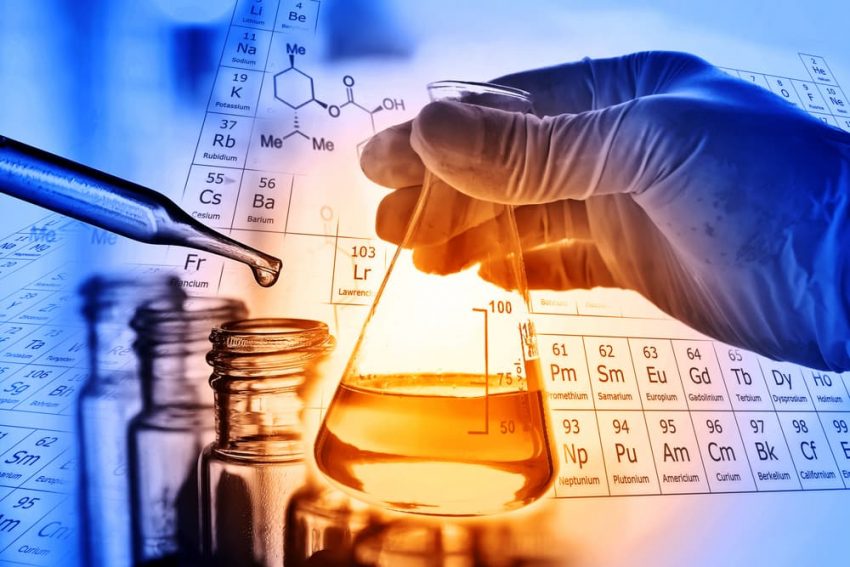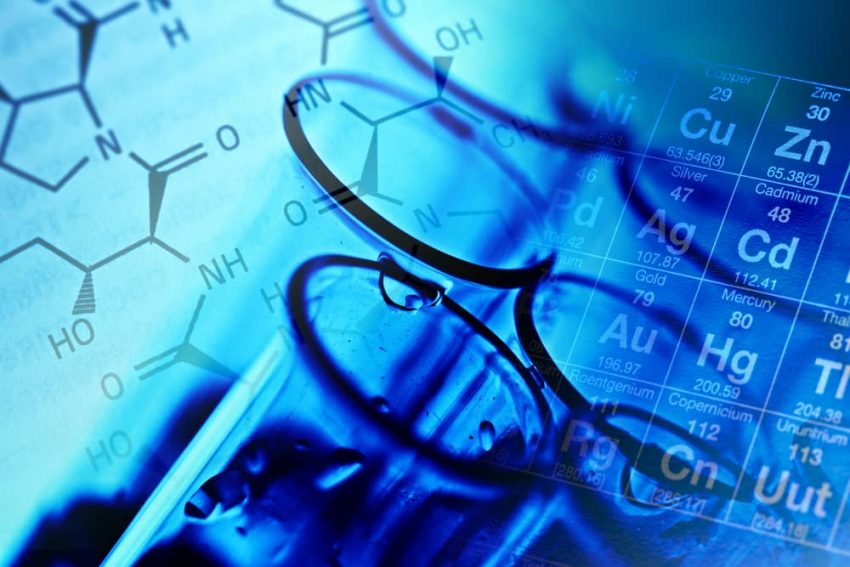The scientific knowledge is closely related to the definition of science but it has some differences. It is more demanding, since not all the knowledge contributed by scientific disciplines can be considered in themselves scientists.
The reason for this differentiation is because for knowledge to be scientific it must necessarily be obtained from a structured method, usually called scientific method.
From observation we proceed to the formulation of the hypothesis that enable the experimental check, which is a condition sine qua non for the elaboration of laws that explain the phenomena of the world.
This leaves out of the scope of the definition the knowledge associated with the human Sciences, among which those of sociology or philosophy can be highlighted. Although you can start from an observation and move on to the development of a hypothesis, then you cannot get to experimentation, much less to the formulation of general theories, except through imperfect methods, such as surveys.

In some cases the possibility of associating the idea of scientific knowledge with the heavy notion of truth. It is true that thinkers of science are concerned with configuring the scope of knowledge to approximate as closely as possible to a condition in which they can ensure that what has been scientifically proven is true.
But it should not be ignored that science is permanently traversed by a paradigm that somewhat limits its performance, What moral standards and technological limitations. The possibility of these changing is real.
Thomas Kühn associated it with scientific revolutions, but its permanent presence relativizes the idea of a true knowledge forever, at least in the factual science: formal sciences, such as mathematics or logic, allow the elaboration of demonstrable knowledge, which will be true forever because they are based on ideal figures beyond any current circumstance.

Science as a transforming engine
People are constantly transforming the world, and science is currently considered the main engine of these transformations.
The beginning of triumph of science occurred in parallel to the industrial revolution, precisely at the moment when the development of the human being in the world began its magnificent explosion: it is difficult to grasp where it will arrive in the world in which we live.
For now it can be said that the advances in the research framework in medicine They allowed human beings to multiply their life expectancy several times in a period of a few years.
At the same time as advances in communications they allowed to shorten to seconds distances that long ago could take months and even years to be covered.

Twenty examples of scientific knowledge will be listed below, with their corresponding area of scope.
Examples of scientific knowledge
- Pythagoras theorem, on the relations of the sides of a right triangle.
- The conclusion about the history of the Earth and its tectonic plates.
- Penicillin and the possibility of healing by means of that substance.
- Determination of the properties of water, such as cohesion and capillarity.
- Explanation of the impact of fire when it comes into contact with the cells of the body.
- Newton’s three laws of motion.
- The radius of the Earth, through experimentation with trigonometry.
- The explanation of why the rains are generated.
- The conclusion that the Earth revolves around the Sun.
- The components of a molecule.
- Computing and computer systems developments.
- The discovery of the conformation of the Solar System.
- Ultrasound and the ability to see features of a child before birth.
- The microwave and the ability to rapidly transmit heat waves.
- The periodic table, with the chemical elements found in nature.
- The Theory of Relativity, on the movements of bodies.
- Thales’ Theorem, on the relationships between angles.
- The idea of permanent transformation of energy.
- Anesthesia and the possibility of surgical intervention by sleeping a part of the body.
- Determination of the changes of state of water: solid, liquid and gaseous.
